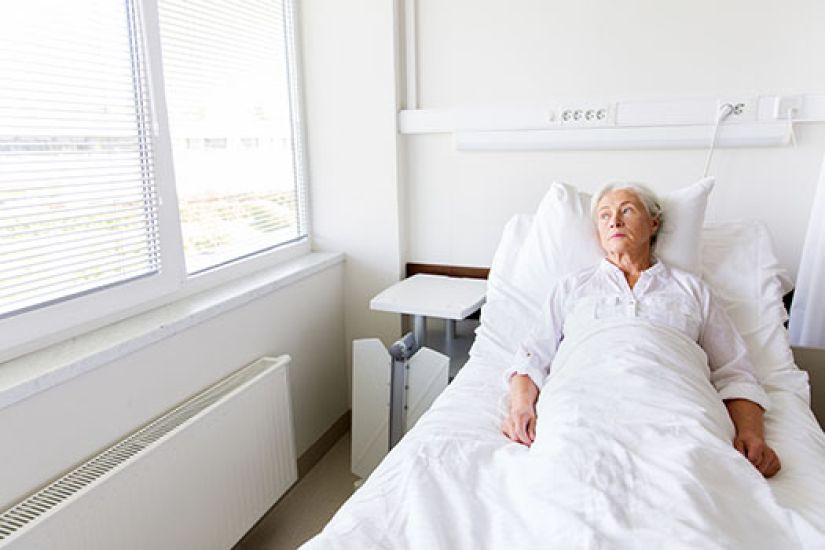
7 Effects of Readmissions for Ageing Adults
When seniors leave the hospital, it’s always with the hope they won’t have to go back. However, there are situations that arise when seniors don’t receive proper care at home that can cause them to be readmitted to the hospital. Falls, medication mix-ups, and even some illnesses are all preventable, and helping your ageing loved one avoid these issues can prevent these negative effects of going back to the hospital for additional care.
1. Higher Rates of Depression
No one likes being sick or injured, and the majority of people would rather not be in the hospital. Having to go back to the hospital is demoralising, and your loved one may be upset to think he or she has had a setback in recovery. Seniors who stay at home tend to have a more positive outlook that enhances their ability to get well.
2. Greater Chances of a New Health Diagnosis
Readmissions happen when something serious occurs with a senior’s health after discharge. Trying to recover from a dual diagnosis strains physical and emotional wellbeing. Preventing problems such as fall-related injuries allows your loved one to focus on recovering from only one major health condition at a time.
Some seniors only require help with a few daily tasks so they can maintain their independence. However, those living with serious illnesses may need more extensive assistance. Luckily, there is professional live-in care Sydney, NSW, seniors can rely on. Home can be a safer and more comfortable place for your loved one to live with the help of an expertly trained and dedicated live-in care worker.
3. Difficulty Seeing Family and Friends
Your loved one likely gets excited when he or she has a visitor. Visits from friends and family boost morale, and it’s beneficial to have extra people checking in on your loved one’s wellbeing. Hospitals tend to have strict visiting hours, which lowers the amount of socialisation each day.
4. Increasing Medical Costs
Illnesses and injuries cost money. When your loved one has to go back to the hospital, he or she may need new medications or medical supplies such as walkers to help with recovery. As the main family carer, you may also incur expenses for gas, food, and lodging if the hospital is far from your home. In many cases, it’s cheaper to pay for the cost of home care to avoid the higher expenses of a second hospitalisation.
5. Poor Sleep Quality
Sleep is an important part of recovery. Hospitals are loud and full of disruptions that make it difficult to get enough rest. Having to go back to the hospital could leave your loved one sleep-deprived and make it challenging to recover.
6. More Exposure to Germs
You cannot control the number of germs your loved one is exposed to during a readmission to the hospital. Each new visit to the hospital or meeting with a new nurse or doctor should be viewed as another potential exposure to pathogens. At home, you can do more things to minimise the number of germs your loved one is exposed to, such as limiting visitors to only people who are healthy.
A professional care worker can monitor your loved one for post-hospitalisation complications, including infections. When searching for reliable elderly home care agencies, families want to know their senior loved one will be well taken care of. At Home Care Assistance, our expertly trained care workers are available around the clock to assist with tasks around the house, provide transportation to medical appointments and social events, and much more.
7. Lengthier Recoveries
All of these negative effects of readmissions add up to a bigger one. If your loved one is sleep-deprived, exposed to more germs, and feeling depressed, his or her immune system won’t be able to function properly. This has the effect of lengthening recovery, which minimises the quality of life your loved one could be enjoying right now.
Sydney home care experts are available to provide high-quality care to seniors on an as-needed basis. From assistance with mobility and exercise to providing transportation to the doctor’s office and social events, there are a variety of ways professional care workers can help your ageing loved one continue to live independently. For compassionate, reliable in-home care, trust the experienced professionals from Home Care Assistance. If your loved one needs help with the challenges of ageing, call one of our compassionate Care Managers today at [hca_phone].